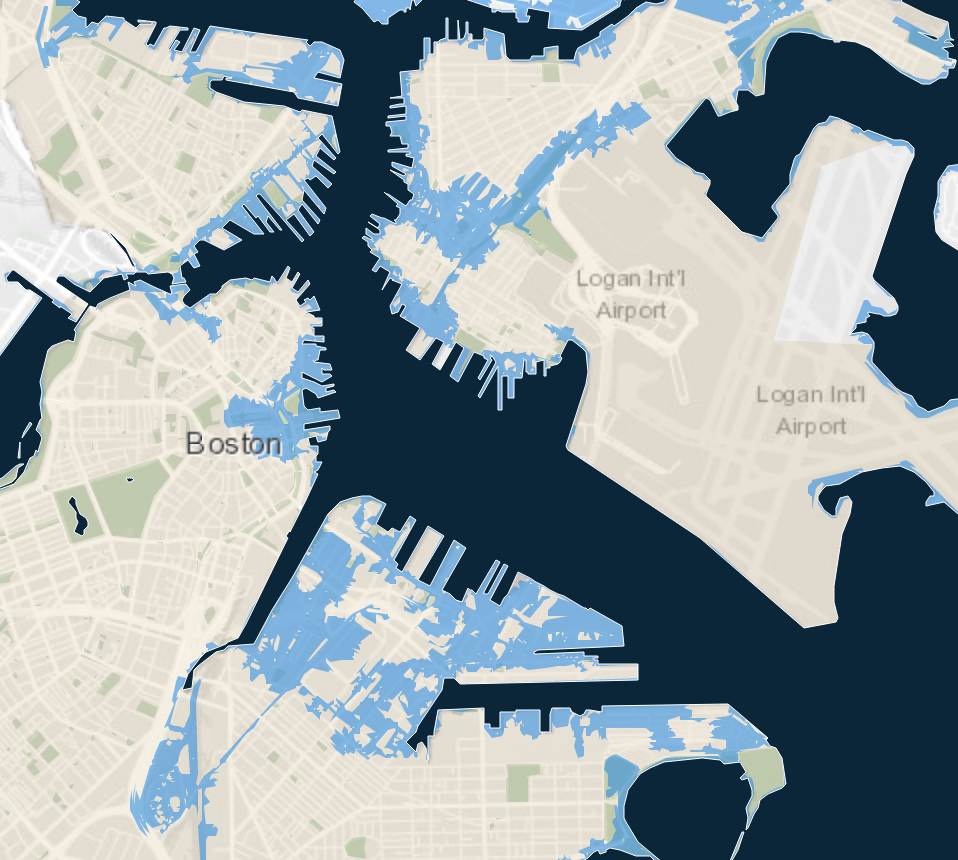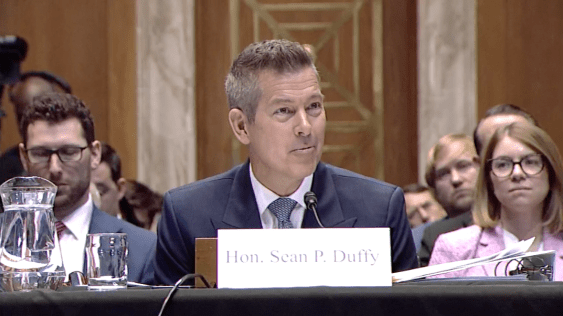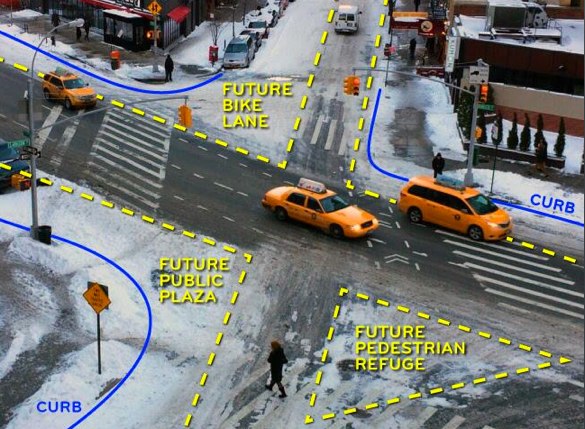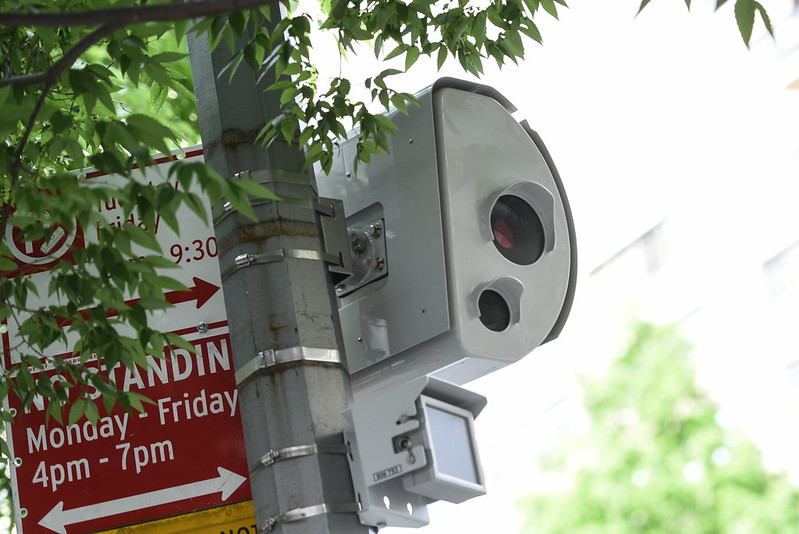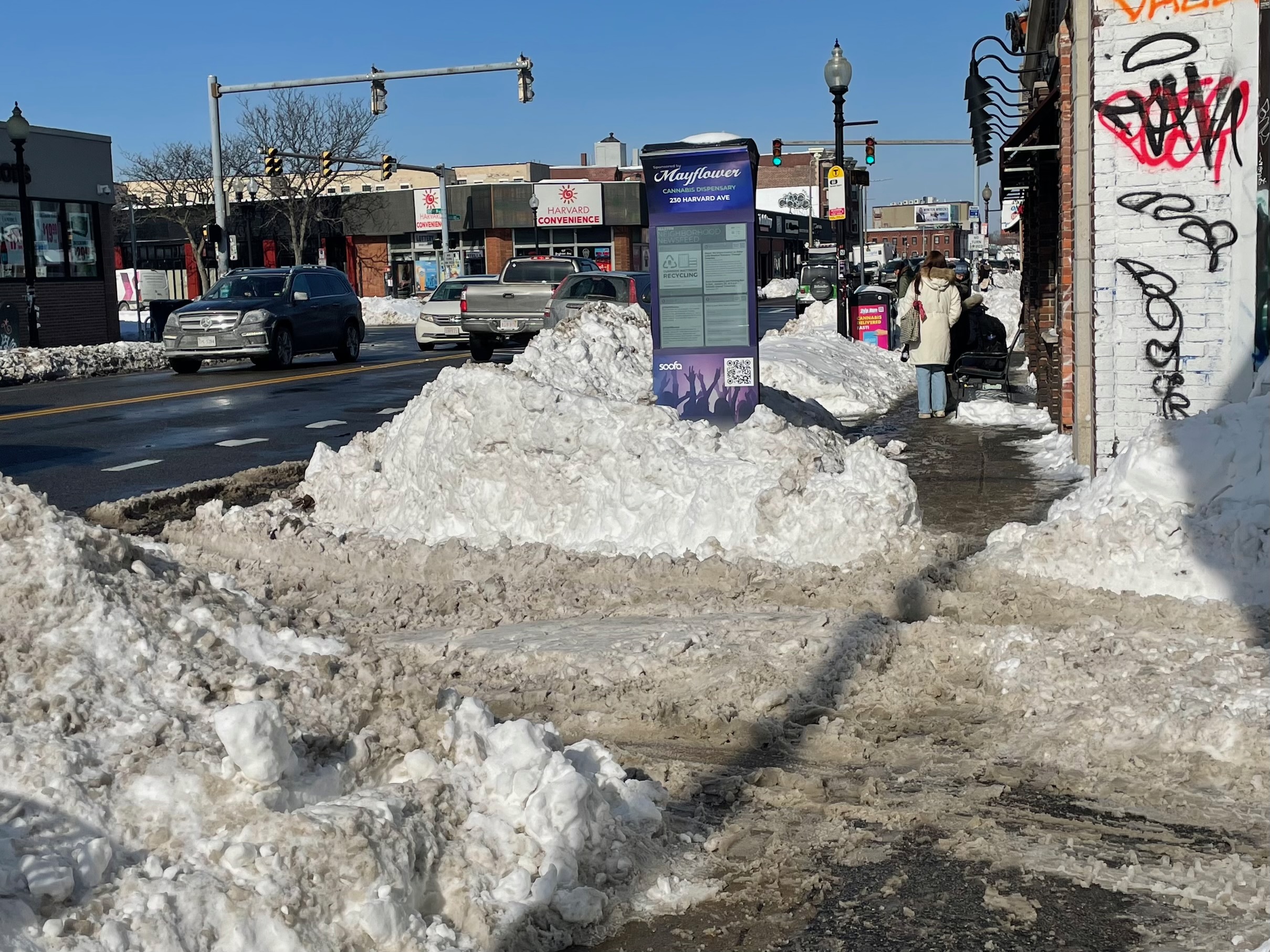On Monday, Boston City Councilor Michelle Wu released a report calling for a city-level "Green New Deal" that seeks to unite the fight against climate change with efforts to dismantle structural racism and reduce economic inequality.
The document, Planning for a Boston Green New Deal and Just Recovery, outlines dozens of policies and case studies from other cities to suggest ways in which Boston could reduce greenhouse gas emissions while also addressing racial inequities, supporting workforce development, and improving public health.
"The pandemic was a shock, and changed so much of our daily lives, and yet it revealed how deep the roots of inequity and structural racism extend," said Wu in a phone conversation Monday afternoon. "The climate crisis and our current public health crises are intertwined, and wrapped in a political system that relies on structural racism and injustice. We need to tackle all of these problems together in this moment: climate justice is racial and economic justice, and cities can lead the charge."
“A global pandemic has shone a light on what Black communities knew all along: disparities in health care, employment, transportation, and education wreak havoc on Black lives," said Mela Bush Miles of Alternatives for Community & Environment (ACE) in a press release accompanying the report. "We need a citywide Green New Deal and just recovery to unearth the root causes of these disparities and to proactively plan a just and sustainable future for our city."
One of Wu's longstanding advocacy goals – eliminating fares on the MBTA – is included among the report's recommendations, along with ideas like auditing city government for policies and practices that increase racial disparities, adjusting city procurement policies to support businesses owned by people of color, growing the city's forest canopy for shade and cleaner air, and cultivating sustainable ocean-based businesses like fish farms and renewable energy projects in Boston Harbor.
The report also calls on Boston to accelerate the deadline for eliminating greenhouse gas pollutants. The city's current climate action plan calls for the city to be "carbon-neutral by 2050."
"In consultation with climate scientists and activists, we're pushing to achieve complete decarbonization in Boston by 2040," Wu said, "with 100 percent renewable electricity by 2035, and making all city buildings carbon-neutral by 2024."
Rather than file legislation on any of these policies immediately, Wu says she wants the plan to ignite a broader conversation about systemic change at the city level. She plans to introduce an order calling for a public hearing on a Boston Green New Deal at a future Boston City Council meeting.
"The conversation about how to do this must be community-led, and grounded in leadership from the grassroots up. The goal is to start mobilizing people with a conversation that's intersectional and aspirational," said Wu. "If we're serious about solving these problems, the scale of action we need is only possible if we’re talking about these interlocking crises together."
